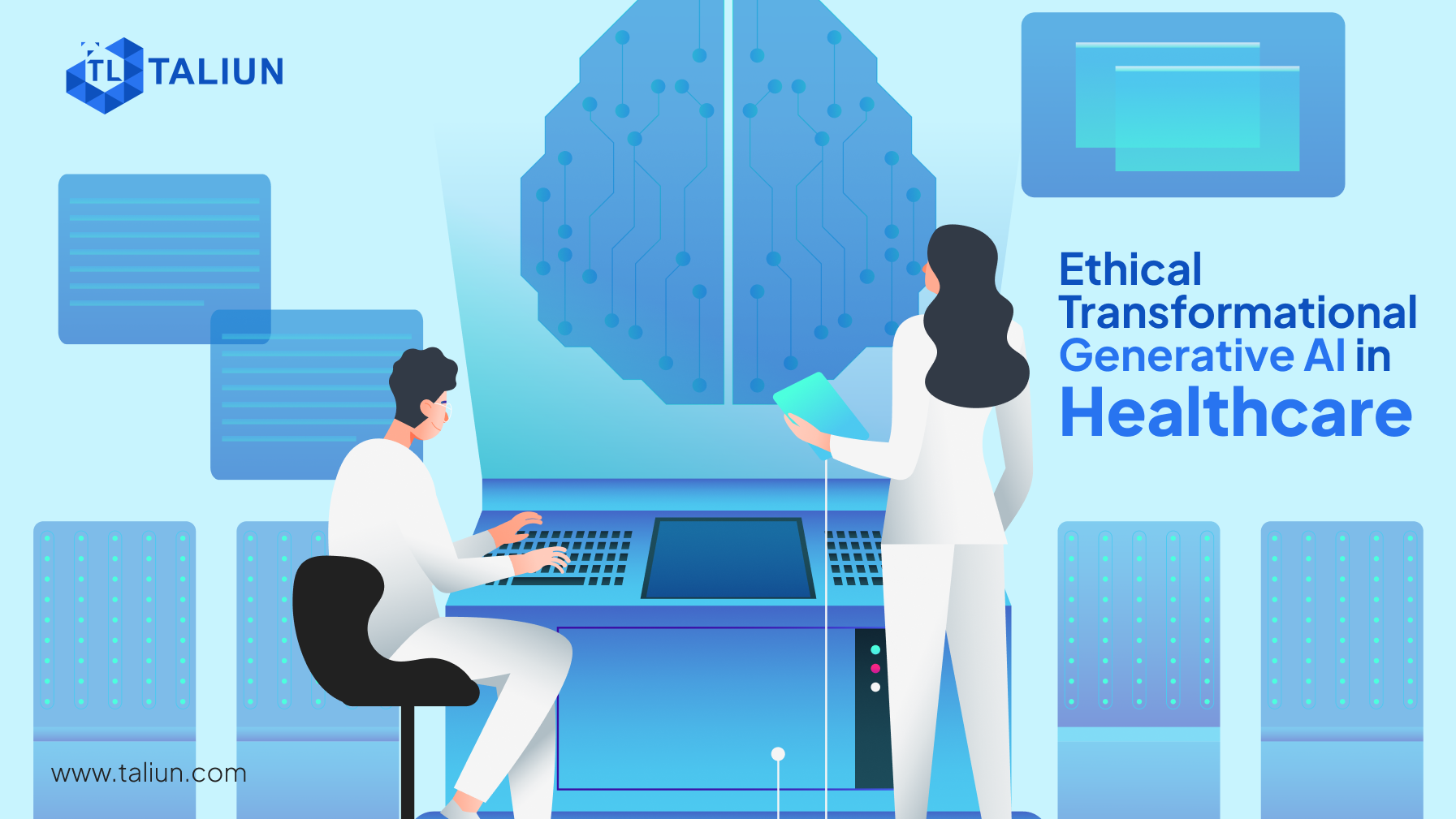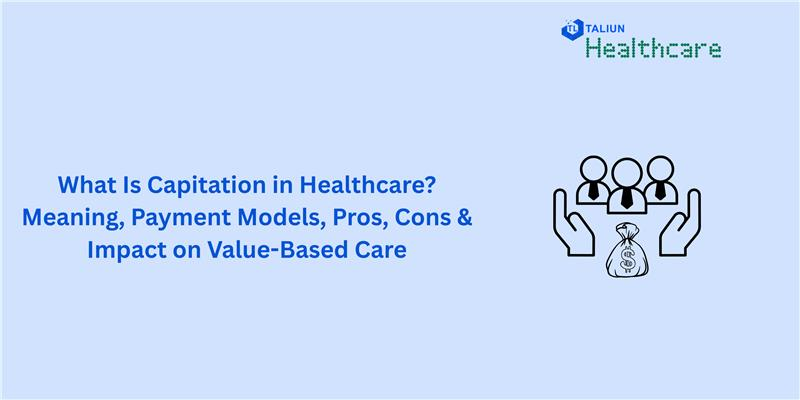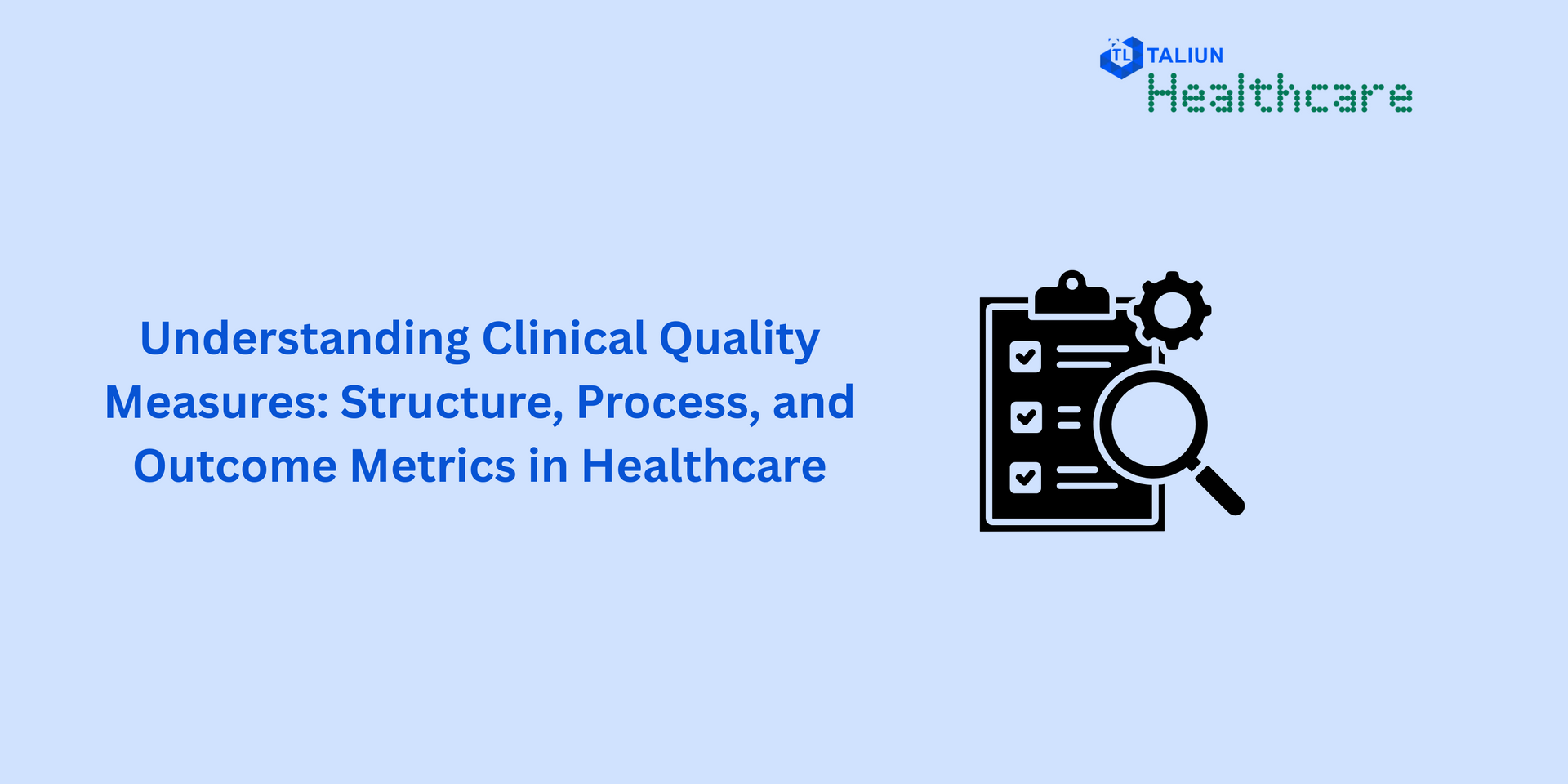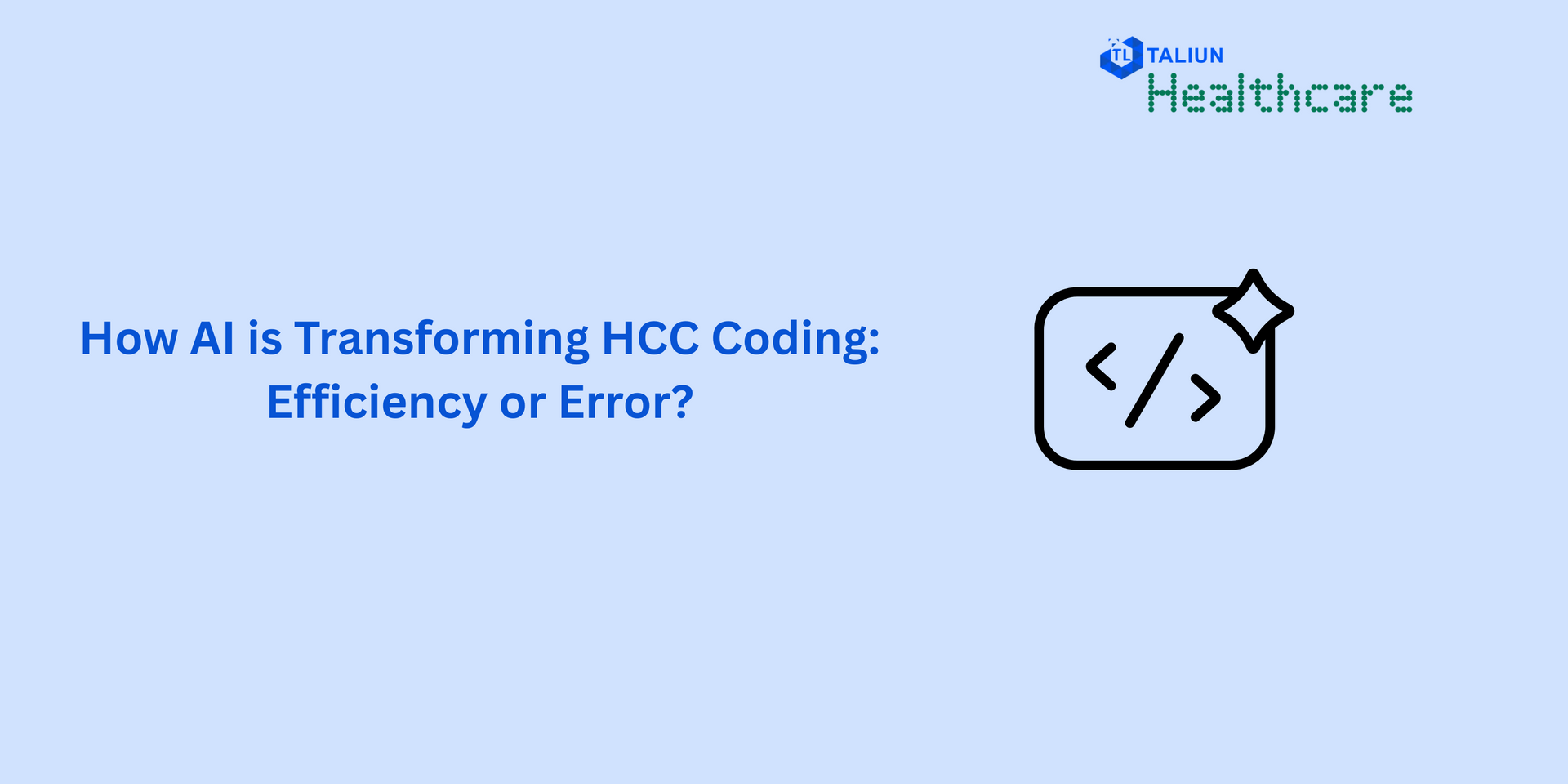Ethical Transformational Generative AI in Healthcare: Advancements and Challenges

The field of healthcare is continually evolving, and one of the most revolutionary technologies driving this transformation is Generative Artificial Intelligence (AI). This cutting-edge technology has the potential to reshape the way medical professionals diagnose, treat, and understand various health conditions. However, with great power comes great responsibility. In this blog post, we will explore the ethical implications of applying Generative AI in healthcare and how it can lead to a transformative and responsible future in medicine.
Understanding Generative AI in Healthcare
Generative AI refers to a subset of artificial intelligence that involves creating new data that resembles existing data. It leverages complex algorithms and deep learning to generate new content, such as images, videos, or text. In healthcare, Generative AI can be used for various purposes, such as medical image synthesis, drug discovery, electronic health record generation, and more.
Transformative Potential of Generative AI in Healthcare
1. Medical Imaging Advancements: Generative AI has shown immense promise in medical imaging. It can create high-quality, synthetic medical images, thereby augmenting the limited datasets for training AI models. This breakthrough allows better accuracy in diagnosis and can potentially lead to early detection of diseases.
2. Drug Discovery Acceleration: Pharmaceutical companies are exploring Generative AI to expedite the drug discovery process. By generating molecular structures and simulating their interactions with targets, researchers can identify potential drug candidates more efficiently.
3. Personalized Medicine: With Generative AI, healthcare providers can create personalized treatment plans based on an individual's unique genetic makeup, medical history, and lifestyle data. This approach can lead to more effective and targeted treatments, ultimately improving patient outcomes.
Ethical Considerations
1. Data Privacy and Security: As Generative AI relies heavily on extensive datasets, ensuring the privacy and security of patient information is of utmost importance. Healthcare organizations must implement robust data protection measures and adhere to strict ethical guidelines when handling sensitive patient data.
2. Bias and Fairness: Generative AI models can inadvertently perpetuate biases present in the training data. To prevent biased outcomes and ensure fairness, it is crucial to carefully curate and monitor datasets while incorporating diverse and representative samples.
3. Transparency and Explainability: The black-box nature of some Generative AI models raises concerns about the lack of interpretability. Efforts must be made to make AI algorithms more transparent, allowing medical professionals to understand how AI arrives at its conclusions.
4. Regulatory Compliance: Healthcare AI applications must comply with relevant regulatory frameworks, such as HIPAA (Health Insurance Portability and Accountability Act) in the United States, to protect patient information and ensure ethical use of AI.
Conclusion
Generative AI has the potential to revolutionize healthcare by enhancing medical imaging, accelerating drug discovery, and advancing personalized medicine. However, we must approach its implementation with unwavering ethical considerations to ensure patient privacy, fairness, transparency, and regulatory compliance. By responsibly harnessing the power of Generative AI, we can usher in a transformative era of healthcare that benefits patients and medical professionals alike.




